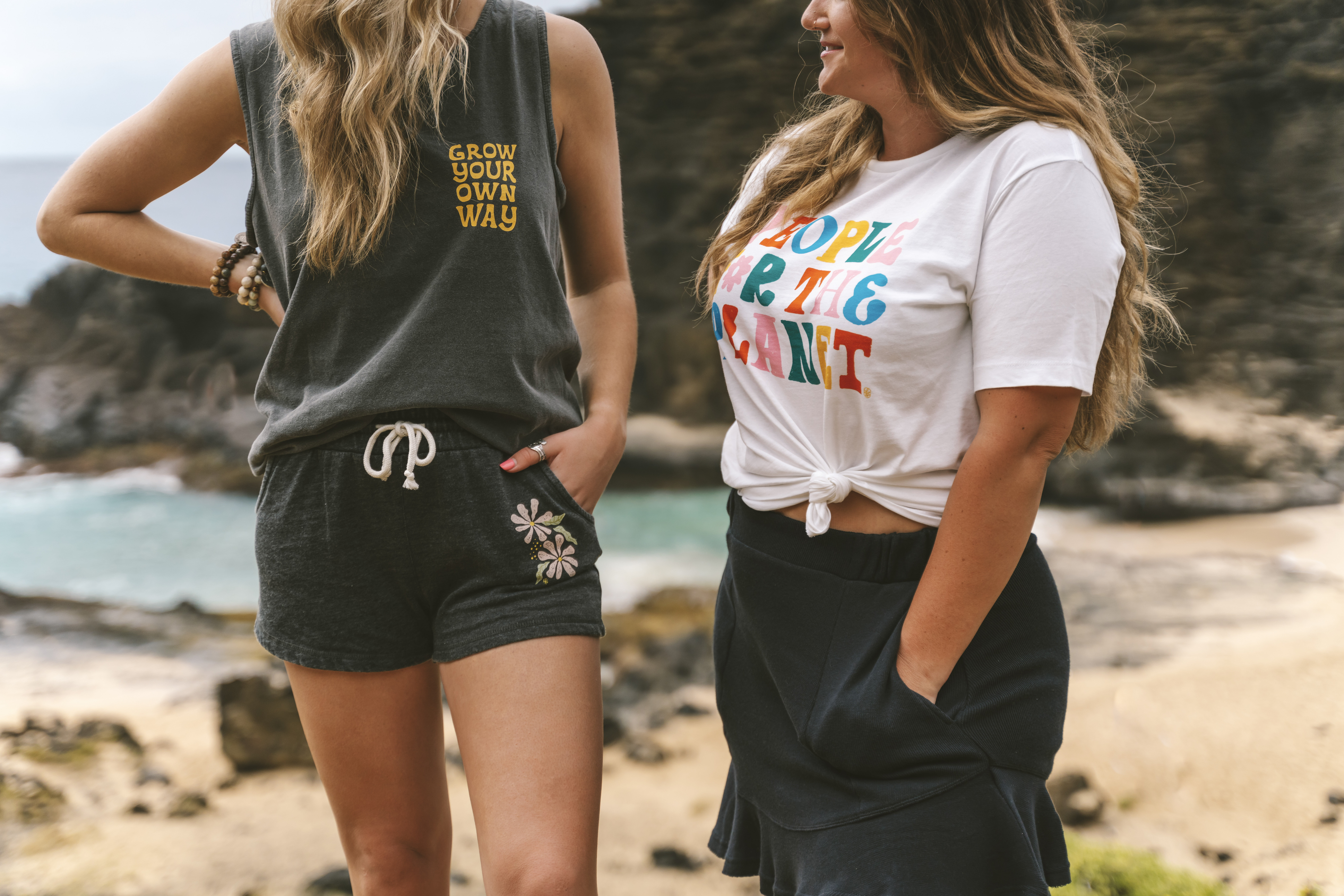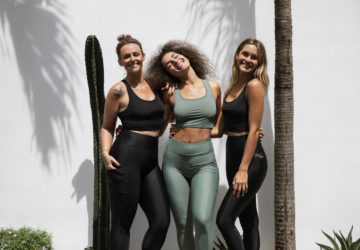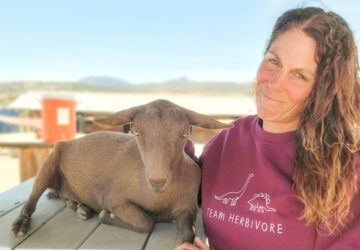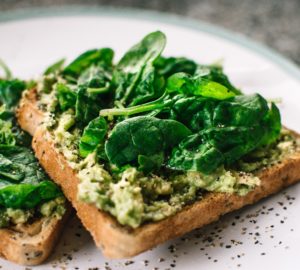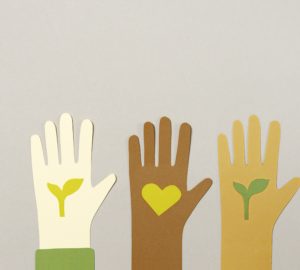How to be an ethical coffee drinker
With 400 billion cups of coffee consumed annually, coffee is a big deal.
But did you know your morning soy latte could be contributing to issues like unfair wages, environmental destruction, and even modern-day slavery?
Here’s all you need to know about the ethics of coffee.
What makes coffee unethical?

In short – it’s big chain coffee.
The coffee industry is dominated by huge, multinational companies whose main priorities are efficiency and profit.
Similar to fast fashion, they keep production costs low and make their coffee as cheap as possible – meaning that there’s little or no regard for human or environmental welfare.
Farmers and farm workers are paid very little for their work and are subjected to poor treatment and working conditions. Many of these workers are children – some as young as five years old.
And, to keep the costs low, natural resources are often exploited irresponsibly. Species are killed to allow for sun-grown monoculture; there’s high water use, and the packaging is wasteful.
3 ways you can be an ethical coffee drinker
 1. Make sure the farmers were paid a fair wage.
1. Make sure the farmers were paid a fair wage.
When grabbing coffee on-the-go, look for cafes that have direct relationships with the farmers who grow their beans – and openly claim they pay them a fair wage. Also, look for the Fairtrade mark: this organization offers a fair wage plus works to improve the lives of small-scale farmers and workers and their communities.
2. Always try to support local farmers and small businesses. 
Since big coffee corporations are the problem – supporting local farmers is the key to being an ethical coffee drinker. Go to small cafes instead of large coffee chains – they are more likely to have direct relationships with the farmers, and to be paying a fair price for their beans (which will most likely be better quality too!).
3. Check for environmental credentials.
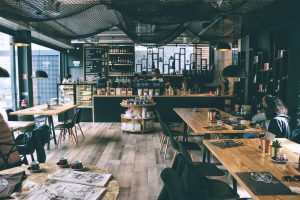
Look for companies that can show that their coffee meets environmental standards – or for independent certifications from organizations like the Rainforest Alliance or S. Department of Agriculture. These certifications show that the coffee has been grown with the environment in mind.
Want to learn more about how you can help the environment?
Check out our piece on 3 simple things you can do to help save the planet!

